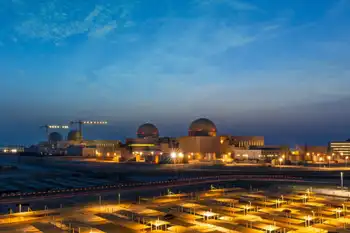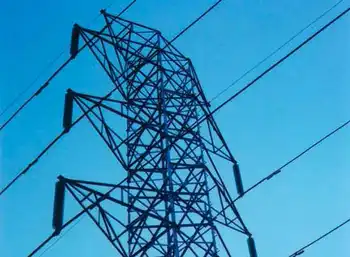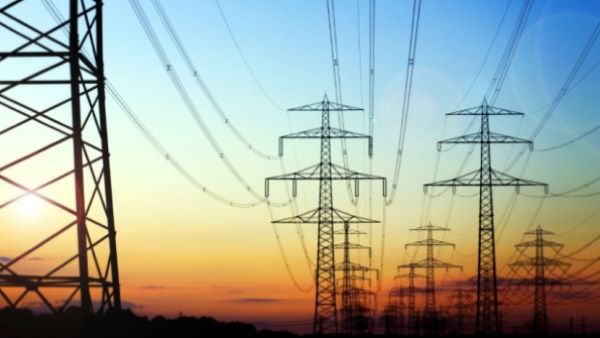Power woes rampant in Iraq
By Washington Times
NFPA 70e Training
Our customized live online or in‑person group training can be delivered to your staff at your location.

- Live Online
- 6 hours Instructor-led
- Group Training Available
Despite nearly two years of relative calm in Iraq, a combination of factors including political posturing, sandstorms, terrorist attacks and increased demand mean the government has still not been able to resolve a perennial Iraqi complaint — not enough electricity.
Iraqis desperate for air conditioning in summer temperatures regularly topping 120 degrees Fahrenheit complain of inconsistent power supply, with some families receiving close to 24 hours worth, and others only two to three hours daily.
Some factories have had to cut back production because of power problems, and officials worry that foreign investors will hesitate to put their money into new projects because of electricity worries.
Ali Mohsin, a civil servant who lives with seven people in his Baghdad home, says his nephews and nieces suffer from skin rashes because of the heat. His house receives only two hours of government-supplied electricity a day, and his generator provides six more hours.
"Where can we sleep?" he said. "The home is too hot to stay inside, the roof is unsafe and the sandstorms have been bad this year. We are simply roasting."
The reasons behind the shortage are many, said Electricity Minister Karim Waheed during a news conference. The country does not have enough fuel to run some of its power stations, and falling oil prices, a key source of income for Iraq, mean budgets are tight. Water shortages in the Euphrates and Tigris rivers have affected hydropower as well.
Like the rest of Iraqi society, electricity has also been affected by insurgents, many of whom targeted power infrastructure. More than 1,000 of the ministry's staff have been either killed or wounded since the 2003 invasion, the minister said.
Relief may be in sight. In December, Iraqi officials signed preliminary deals with General Electric Co. and Siemens AG worth more than $3 billion to boost the country's electricity generation. The deals were designed to upgrade the country's power grid, which has been ravaged by years of war, sanctions and neglect. GE and Siemens are to provide gas turbines as well as other products such as technical advisory services, training, performance testing and spare parts for the construction of new power plants.
Improving the grid was a major focus of U.S. Army engineers immediately after the war, but the effort ran into problems. Officials found barely operating power plants, lacking spare parts and suffering from years of neglect during wars and U.N. trade sanctions.
During the 1991 Gulf War, U.S. warplanes targeted the power grid. It was further damaged in the 2003 invasion, the looting that followed and finally by insurgent attacks designed to cripple the country.
Another reason that much of Iraq is still in the dark - or more importantly for many Iraqis, without air conditioning - is that demand for power is also rising. According to U.S. officials, power generation increased by 40 percent since last summer, but demand has also spiked, particularly this summer during the worst drought the country has ever seen.
"There are more houses online and more businesses online, they are drawing more power," a U.S. official told the Associated Press. He spoke on the condition of anonymity because he wasn't authorized to speak to the media.











